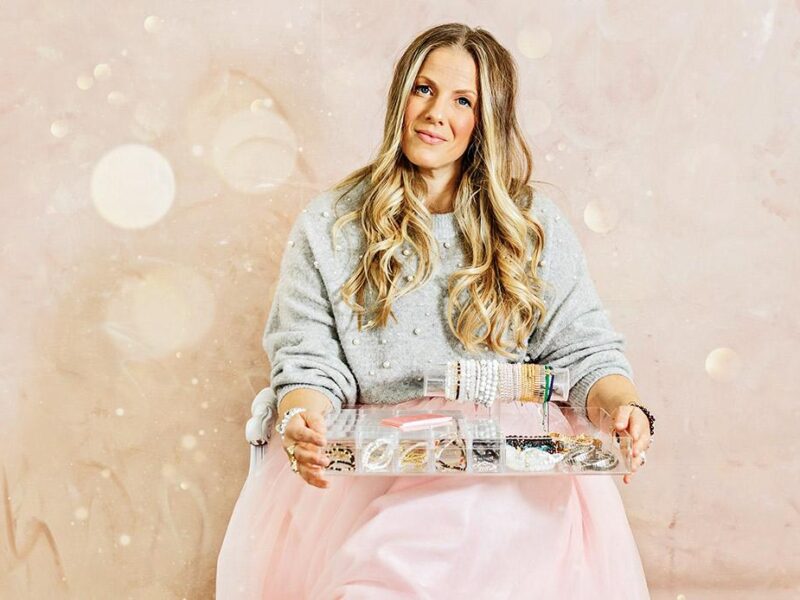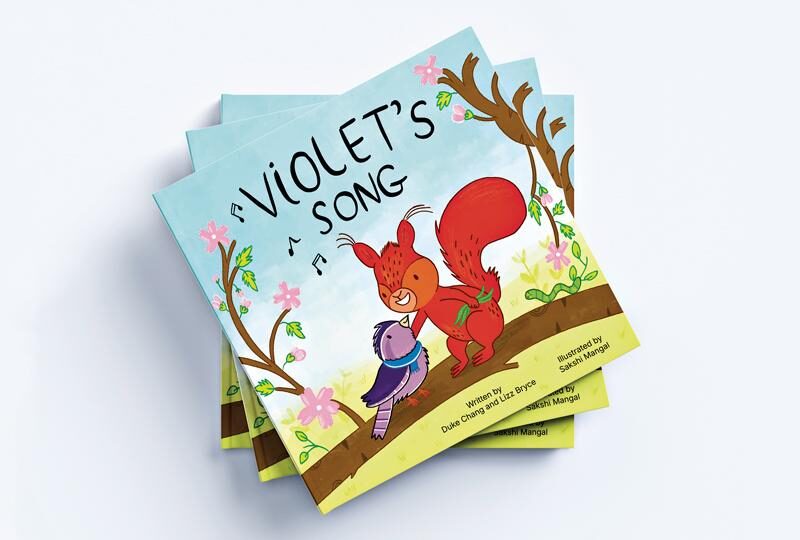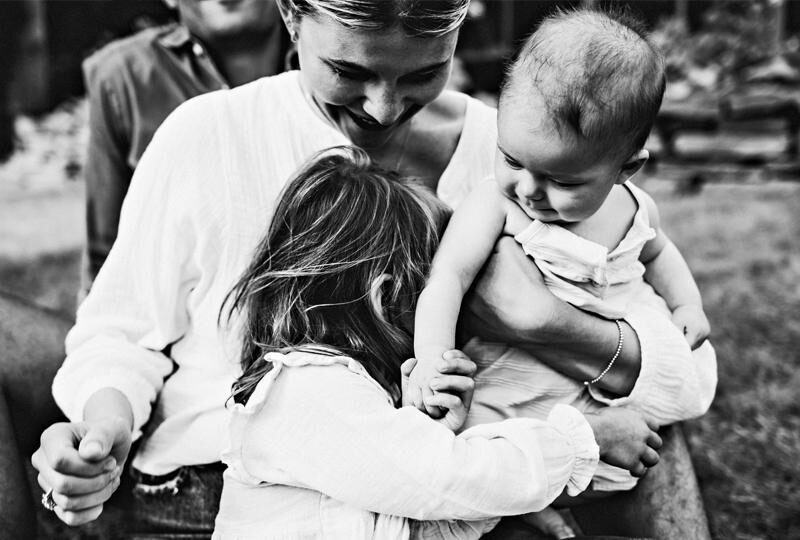Parenting differently
I love all my kids just as much. I don’t love them all the same, because different people need to be loved differently, but I love them all just as much. It’s not something that I need to work particularly hard at (though I know some parents do struggle with this). I just love them. They’re all great kids, despite (or maybe because) they’re all so different. Their differences are there to show me the different ways they need to be loved.
From their perspective, however, these same differences are too often a source of competitive comparison, particularly when they mean that we need to parent them a bit differently also. It’s not just a matter of being jealous that someone is better at soccer or at math or at video games. It’s a matter of being jealous that someone is disciplined less or rewarded more, that someone gets more help or gets to do more things. Which is to say, in the end, that it’s a matter of realizing that they’re being parented and loved, not less, but differently.
Let me give you an example. My middle son was mad at me this morning: “You’re always nagging me to do things. You never nag the other boys. It’s always me. Always me. You just let them do whatever they want, but you follow me around making me do everything” – or something to that effect.
Now, his accusation isn’t quite true. I frequently need to remind my youngest to get things done also, and even my eldest requires a nudge now and again. On the other hand, there is some basis to his frustration. Given his age and stage, my middle guy does require far more reminding and prodding to get his work done. He tends to get distracted. He tends to ignore things that he doesn’t really want to do anyway. He sometimes gets bogged down on incredibly minor details. He has lots of strengths also – don’t get me wrong – but getting things done efficiently is not his strong point.
The problem is that there’s no way to tell him this without drawing attention to some of the ways that he struggles in comparison to his brothers. I could explain that his elder brother gets nagged less because he woke up, got dressed, ate his breakfast, made his lunch, and shovelled the front walk – all without being asked, whereas my middle guy had to be woken (and then prodded for 20 minutes until he got out of bed), then sent back upstairs to put on socks (some days also underwear), then have his lunch made for him (and then nagged several times to get it into his backpack), and then stood over while he cleaned his room, and then finally rushed out the door to make it to safety patrol in time. This comparison, however, wouldn’t make him feel very good, even if it’s true.
It’s also true, to be fair, that he’s a better athlete than his brothers, that he makes friends more easily, and that he requires far less pestering to get out of the house and off the screen. It’s not that he doesn’t have his strengths. It’s just that getting things done is a place where he struggles, a place where he ends up being treated differently, and a place where he feels badly in comparison with his brothers.
I can tell him a hundred times that different people have different strengths and weaknesses, that they need to be parented in different ways, and that none of those things mean I love him any less. It’s hard for him to believe that, though, when he’s in the midst of being parented, when I’ve had to ask him to put his laundry away for the tenth time and haven’t had to say anything to his brother (who did all his laundry on his own initiative).
I’m not sure that we as parents have any good solutions to this problem, but I’m pretty sure that we’ve all had this experience of having our weaknesses being foregrounded in front of others, so we should at least be able to understand what our kids are feeling in times like these. Empathizing with them doesn’t mean that we should stop parenting them through their weaknesses, but hopefully it reminds us to do so as gently as we can.
Luke Hill has been the parent of birth kids, adoptive kids, foster kids, and just-need-a-place-to-stay kids for fourteen years. He’s had experience with kids in homeschool, public schools, and alternative schools. He’s been a teacher, a camp counsellor, and a coach. He’s also taught parenting courses for Children’s Aid for almost a decade. When he isn’t working with kids, he’s a writer, a publisher, and the director of a non-profit organization that supports book culture.





